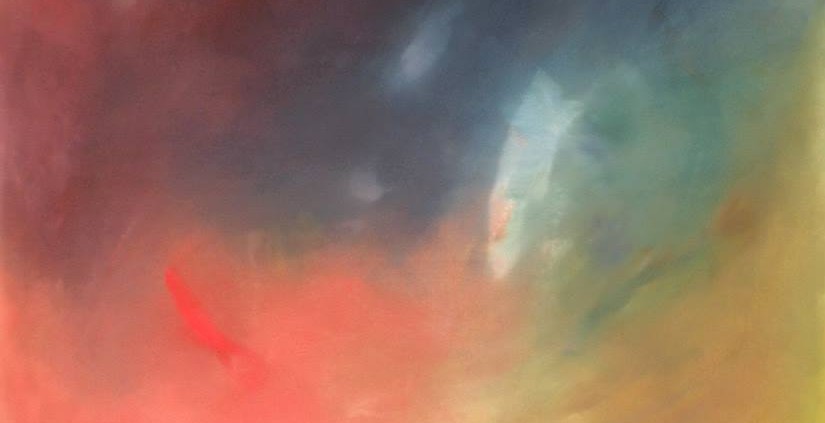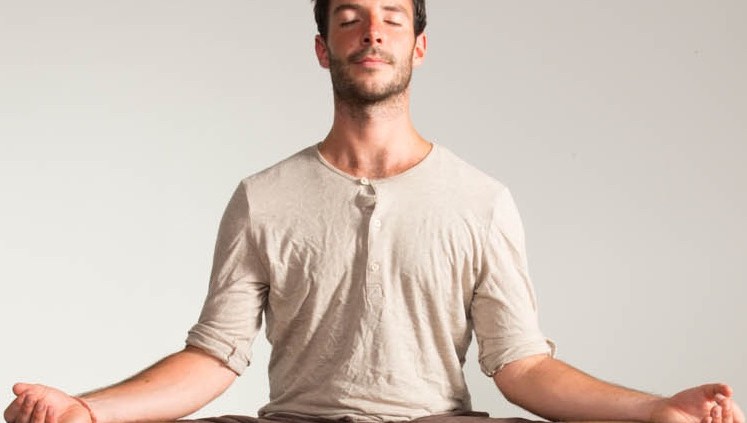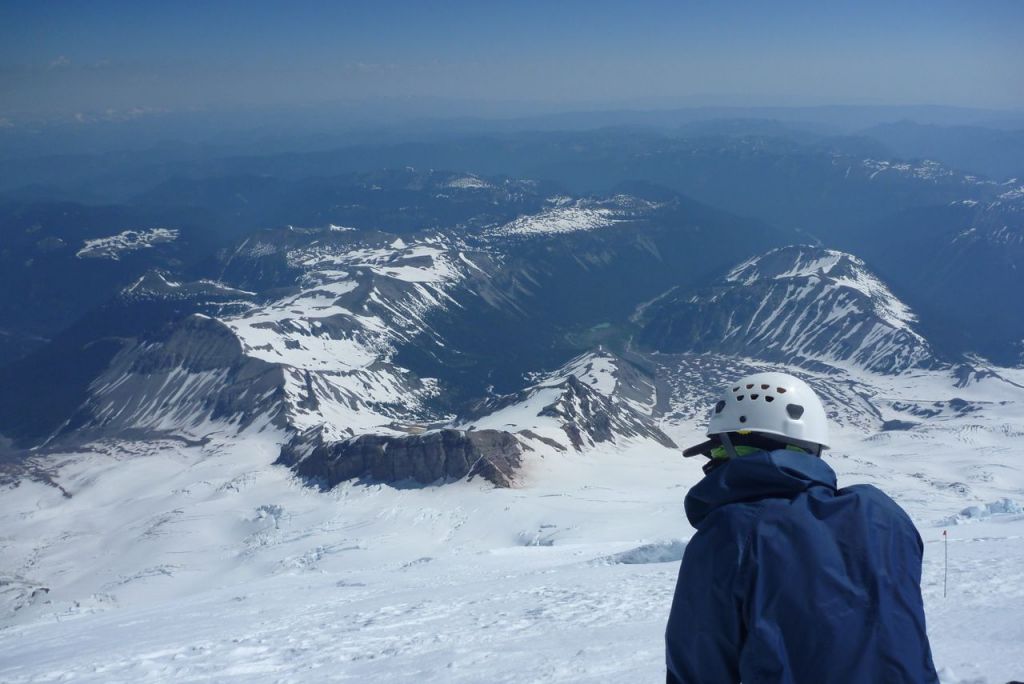A lot of the reading I’ve done lately has focused on neuroscience, taking a systematic look at how the brain works best. In many cases, this reinforces our intuition about human interaction. Often, it surprises us. More and more, these readings are highlighting for me areas where our society is at odds with how humans have always functioned and how we function the best. I’m not a neuroscientist (except, aren’t we all?), but here is what I’ve been able to put together.
On a fundamental level, we’re finding that the most important part of life in terms of cultivating happiness and fulfillment is our social engagement. It is a healthy functioning limbic brain (the emotional system common to all mammals) rather than reptilian (reflexes, instincts) or neocortical (higher cognition) that allows humans to flourish in society and not become reclusive, depressed, or psychotic. The limbic system is largely cultivated through close relationships, especially during childhood, but later in life as well. It sounds corny, but the word we’re looking for here is love. Parental love allows our brains to develop properly as infants, love from our teachers helps us learn in school, and love from a partner allows us to deal with difficulties throughout life. This is a wonderful thing to know and be able to put into action, but it’s a devastating lens through which to view our society. Here are a few areas that could be vastly improved by acknowledging the human need for love.
Technology
I’ve written about some of my qualms with the internet before, but this one is getting worse. We continue to replace our face-to-face interactions with screen time. Our emotional brains resonate through subtle cues in body language, eye contact, and touch which cannot be mimicked by text messages, email, or Facebook. All this technology gives us the sense of being connected to people, but without any of the deep emotional bonds that goes with it. Instead, we get a quick dopamine fix from the constant stimulation and fall in love with our phones instead of our friends. Have you tried saying hello to strangers on the street lately? It’s nearly impossible.
Welfare
Our society encourages parents to get back to work as soon as possible once they have kids, even though spending time with their children is the most important thing they can do for their kids and for society at large. It forces single parents to hold down full time jobs while paying for child care, which is no substitute for building the emotional bonds between a parent and child. Even maternity leave (and the occasional paternity leave) considered to be “generous” barely scratches the surface for a child’s emotional development. Combined with the stigma against full-time parenting, we’re churning out generations of emotionally-deficient youth.
Education
Kids learn the best when they have a strong connection with their teacher, and when their teacher is able to devote attention to the child’s needs and progress. Huge classes, teaching to the test, and low teacher salaries all restrict the strength of these bonds and reduce the effectiveness of our education system. Instead, we’re buying bombers and drones which aren’t making anyone happy, except maybe the executives at Lockheed Martin.
Food
Even our food system is suffering from a lack of emotional resonance. The food we buy is so packaged, processed, and reconstituted, that it’s often impossible to know what we’re eating. Eating, and especially eating in groups, is one of the most basic human interactions. As our food loses value, so does the meal itself. Factory farms would not exist if we maintained our emotional connection to the animals we raised for food. We are meant to look into the eyes of the cow that will become our beef and feel a sense of gratitude, gain an understanding of our place in the world. Why put time into preparing and sharing something so synthetic as what we call food today?
Business
Money will not make you happy. Studies are showing that once basic needs are met, more money does not equate to more happiness. We love to measure things, but GDP does not relate to the quality of a nation. Our society is awash in consumerism and the idea that more stuff is better. This is a devastating perspective, and will only lead to more greed and envy.
Health
It seems that doctors no longer have the luxury of actually spending time with their patients. Insurance companies ensure that these interactions are brief, and focus solely on the disease, not the person. It turns out we’re complicated organisms and much of the healing we’re capable of is powered by our emotions. Those who have good insurance might get coverage for a few therapy sessions, but therapy is meant to work gradually over several years. Considering how hard it is to even get decent insurance, we’re pretty much begging for illness and depression.
Justice
It seems like Republicans want more incarceration, Democrats want more treatment programs, but nobody wants to deal with the weak family structure that is so often the root of crime and drug addiction. This goes back to the welfare system. If we put more resources into allowing families to form strong bonds, our whole society would be stronger and less reliant on criminal justice to keep order.
Government
My thoughts on this one have been sequestered until further notice.
So, things are pretty bleak. Perhaps as awareness grows of how our brains work and what makes us happy, our society will begin to shift. Living in the bubble that is Seattle, it’s easy to feel like maybe things aren’t so bad. But in thinking about the country as a whole, I’m pretty sure they are.





